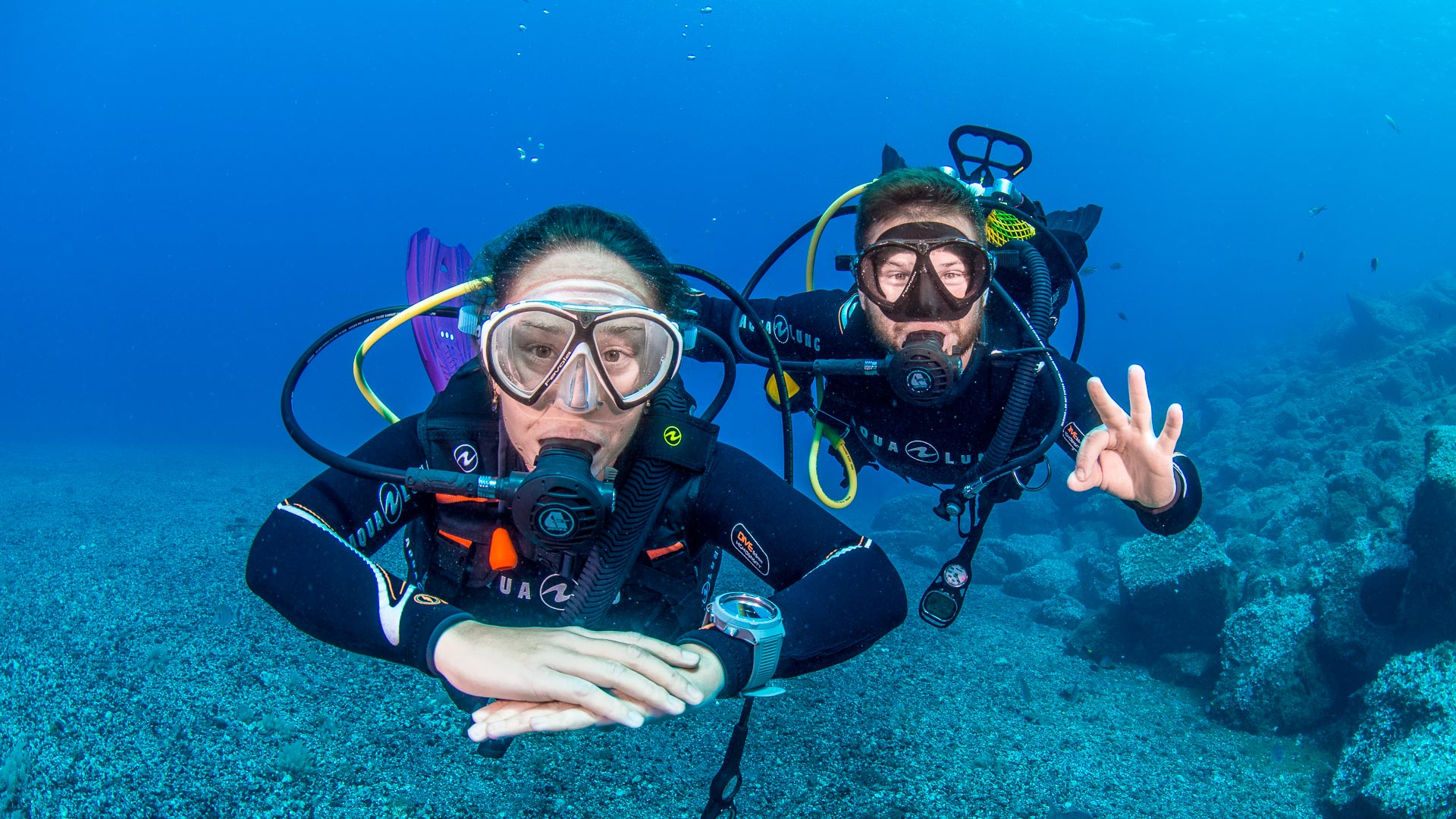
Introduction
Embarking on the journey of scuba diving opens up a world of wonder and adventure beneath the waves. As aspiring divers, choosing the right certification is paramount to ensure safe and enjoyable underwater experiences.
Two popular options offered by the Professional Association of Diving Instructors (PADI) are the Scuba Diver and Open Water certifications.
Let’s delve into the differences between these certifications to help you make an informed decision.
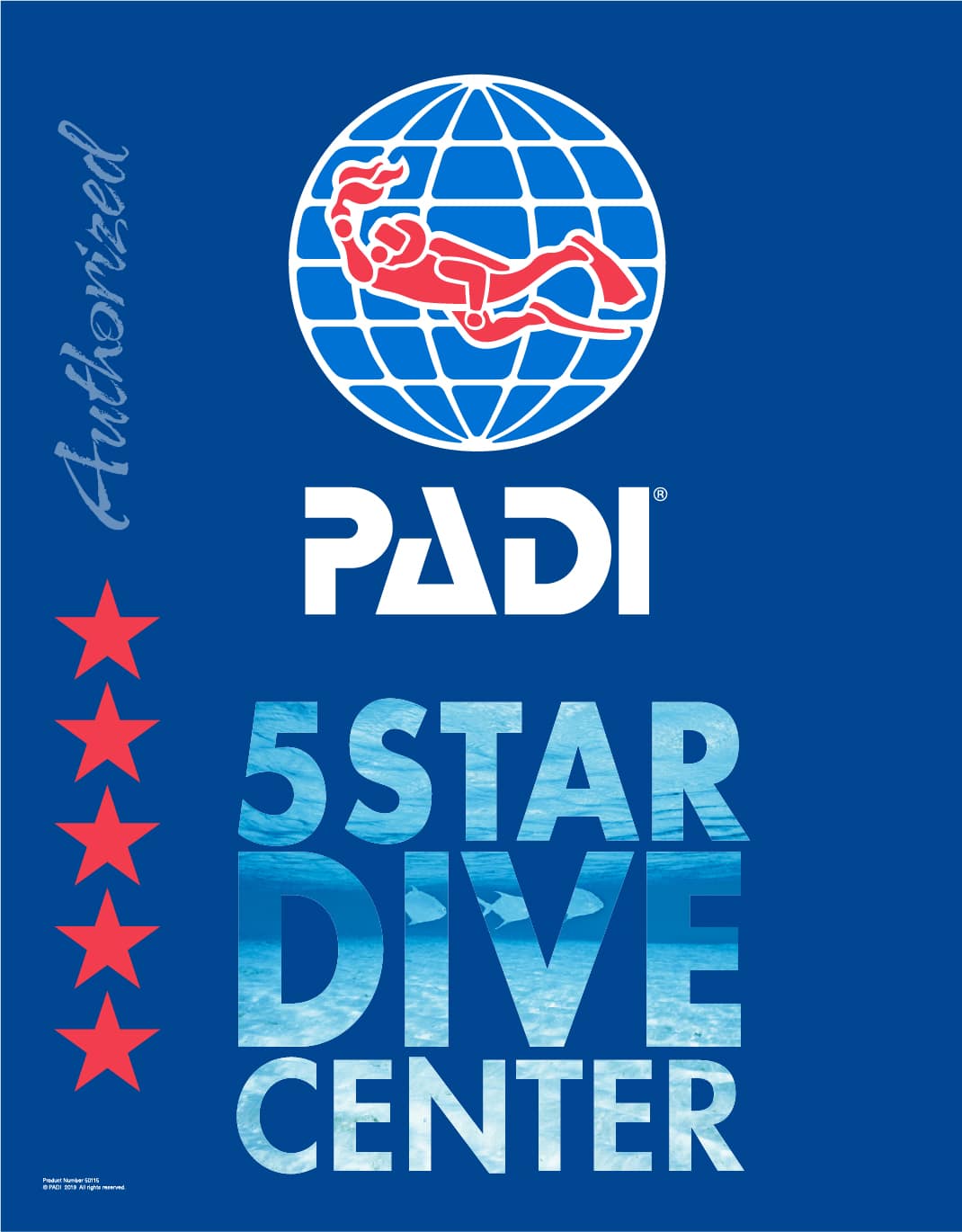
PADI Scuba Diver Certification
The PADI Scuba Diver certification is designed for individuals with limited time or who prefer a more condensed diving course. This certification provides a foundational understanding of scuba diving principles and skills, allowing divers to explore the underwater world under the supervision of a certified dive professional.
Key Features of PADI Scuba Diver Certification
- Limited Depth: With the PADI Scuba Diver certification, divers are restricted to a maximum depth of 12 meters (40 feet) under the supervision of a dive professional.
- Skill Development: The course covers essential scuba diving skills, including equipment setup, underwater communication, buoyancy control, and emergency procedures.
- Supervised Dives: Scuba Diver-certified individuals must always dive with a PADI professional, ensuring safety and guidance throughout their underwater adventures.
- Time Commitment: The Scuba Diver course typically requires less time (2 days) to complete compared to the Open Water certification, making it an ideal option for those with limited schedules.
PADI Open Water Certification
The PADI Open Water certification is the world’s most popular scuba diving course, offering comprehensive training for individuals seeking to become certified independent divers. This certification equips divers with the knowledge and skills to plan and execute dives safely and confidently without direct supervision.
Key Features of PADI Open Water Certification
-
Comprehensive Training: The Open Water course covers a wide range of scuba diving topics, including dive theory, equipment operation, underwater navigation, dive planning, and safety protocols.
- Maximum Depth: Open Water-certified divers are qualified to dive to a maximum depth of 18 meters (60 feet) independently, opening up a broader range of dive sites and opportunities.
- Independent Diving: Unlike the Scuba Diver certification, Open Water-certified divers have the freedom to plan and conduct dives with a buddy without the direct supervision of a dive professional.
- Time and Commitment: The Open Water course typically requires more time (3 days) and dedication to complete compared to the Scuba Diver certification. However, the comprehensive training prepares divers for a lifetime of safe and enjoyable diving experiences.
Choosing the Right Certification
When deciding between the PADI Scuba Diver and Open Water certifications, consider your diving goals, time availability, and comfort level in the water. If you’re looking for a quick introduction to scuba diving with the flexibility to dive under supervision, the Scuba Diver certification may be the perfect fit. However, if you’re eager to become a confident and independent diver with a thorough understanding of diving principles, the Open Water certification offers comprehensive training for your diving journey.
Conclusion
Whether you choose the PADI Scuba Diver or Open Water certification, embarking on the path of scuba diving opens up a world of adventure and discovery beneath the surface. By understanding the differences between these certifications and considering your personal diving goals, you can select the certification that best suits your needs and sets you on course for a lifetime of underwater exploration.
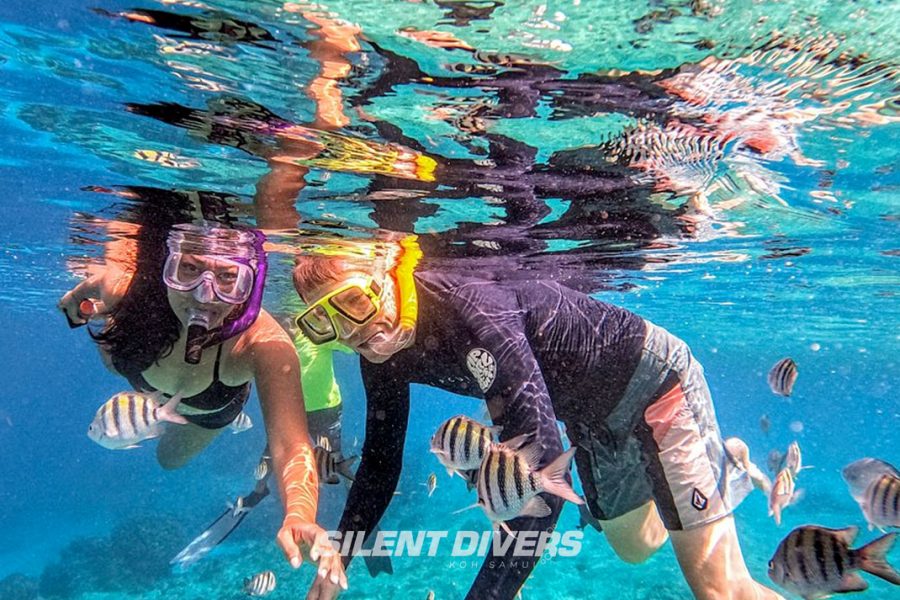
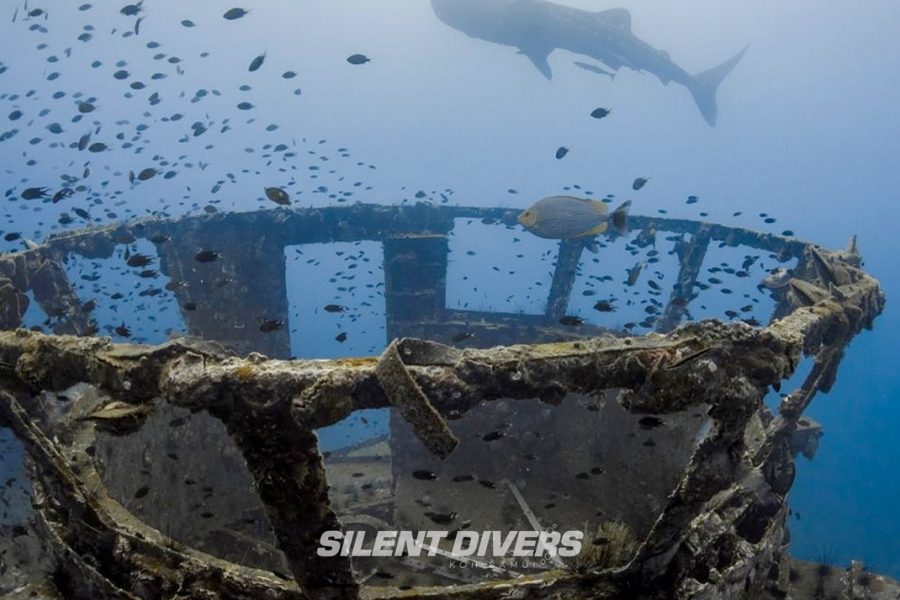
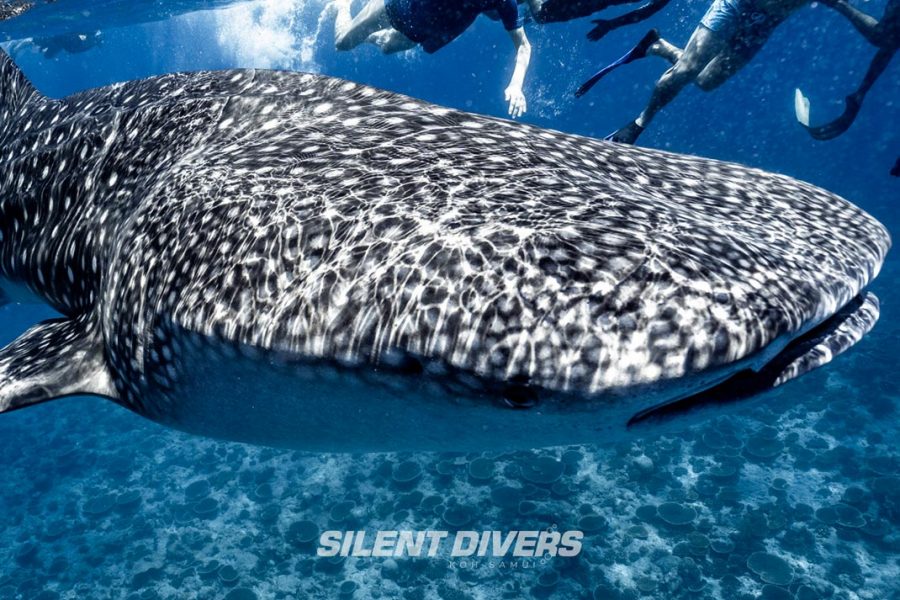
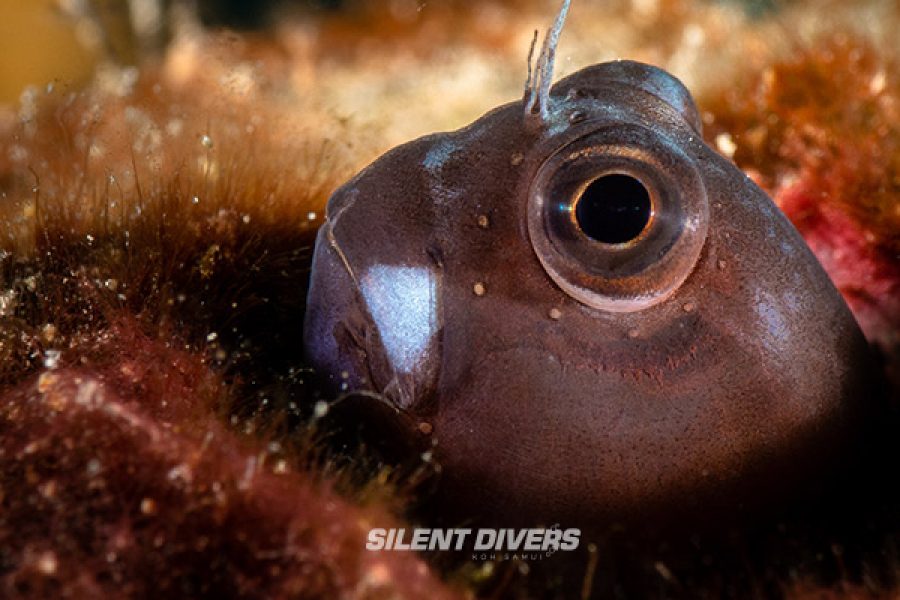
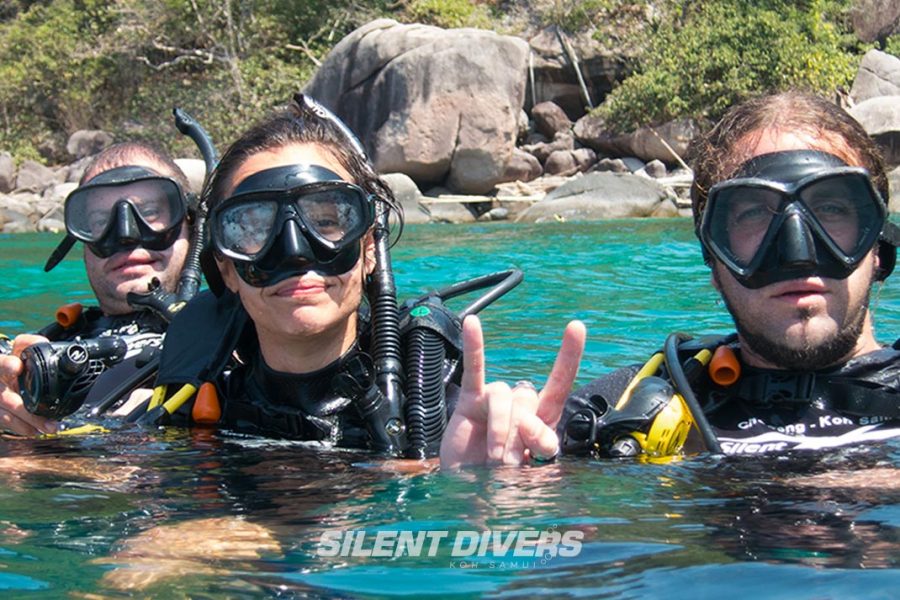
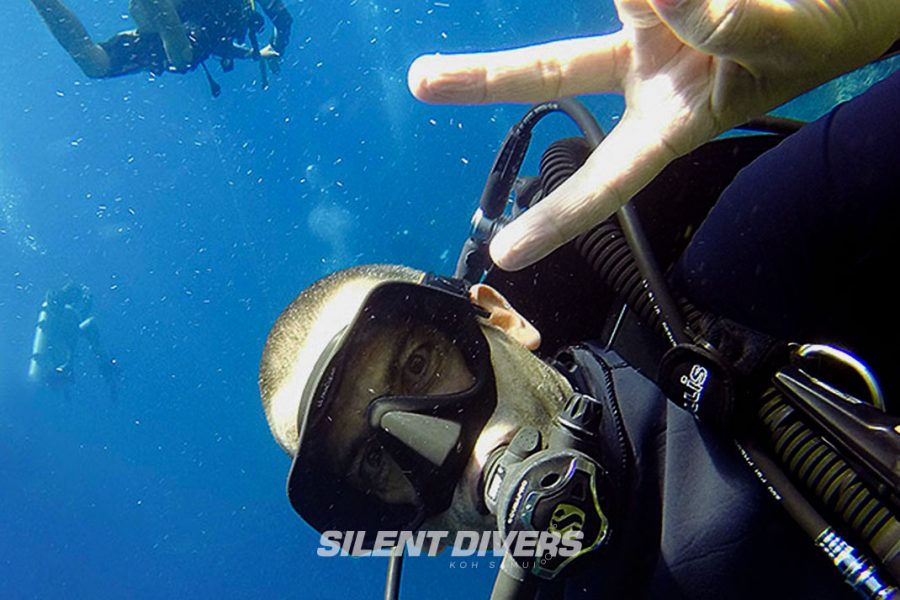
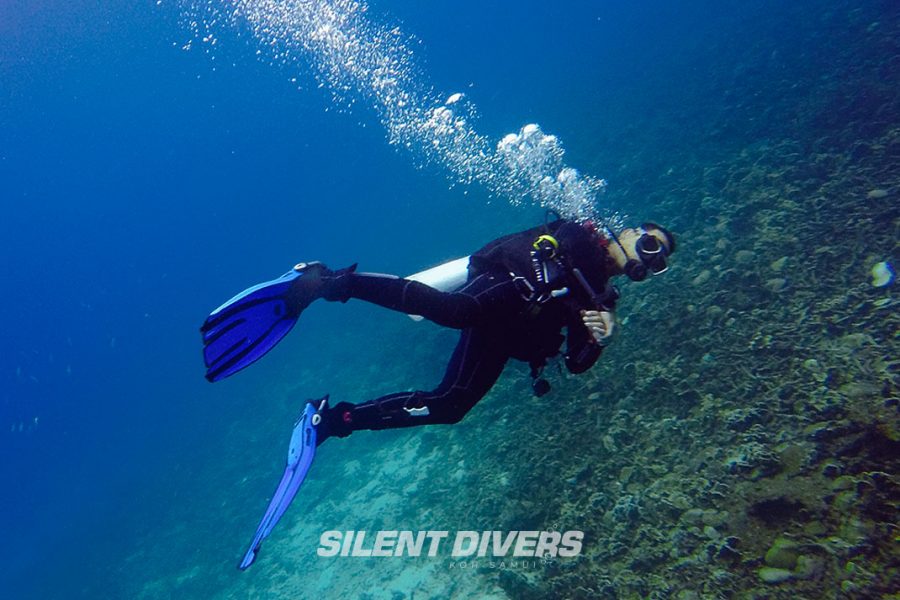
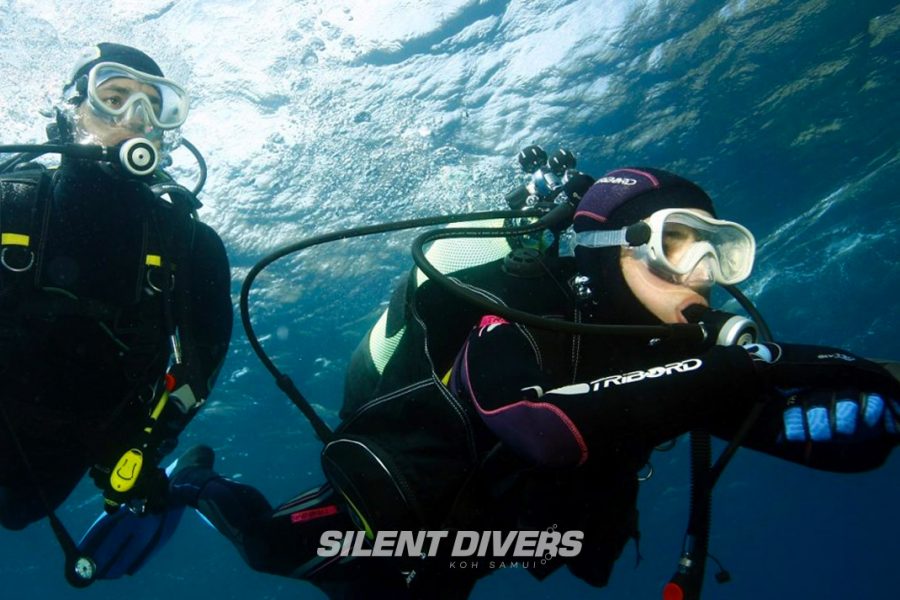
Post Discussion